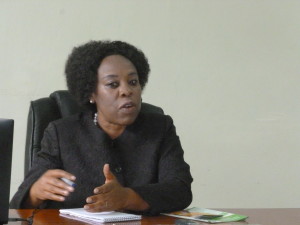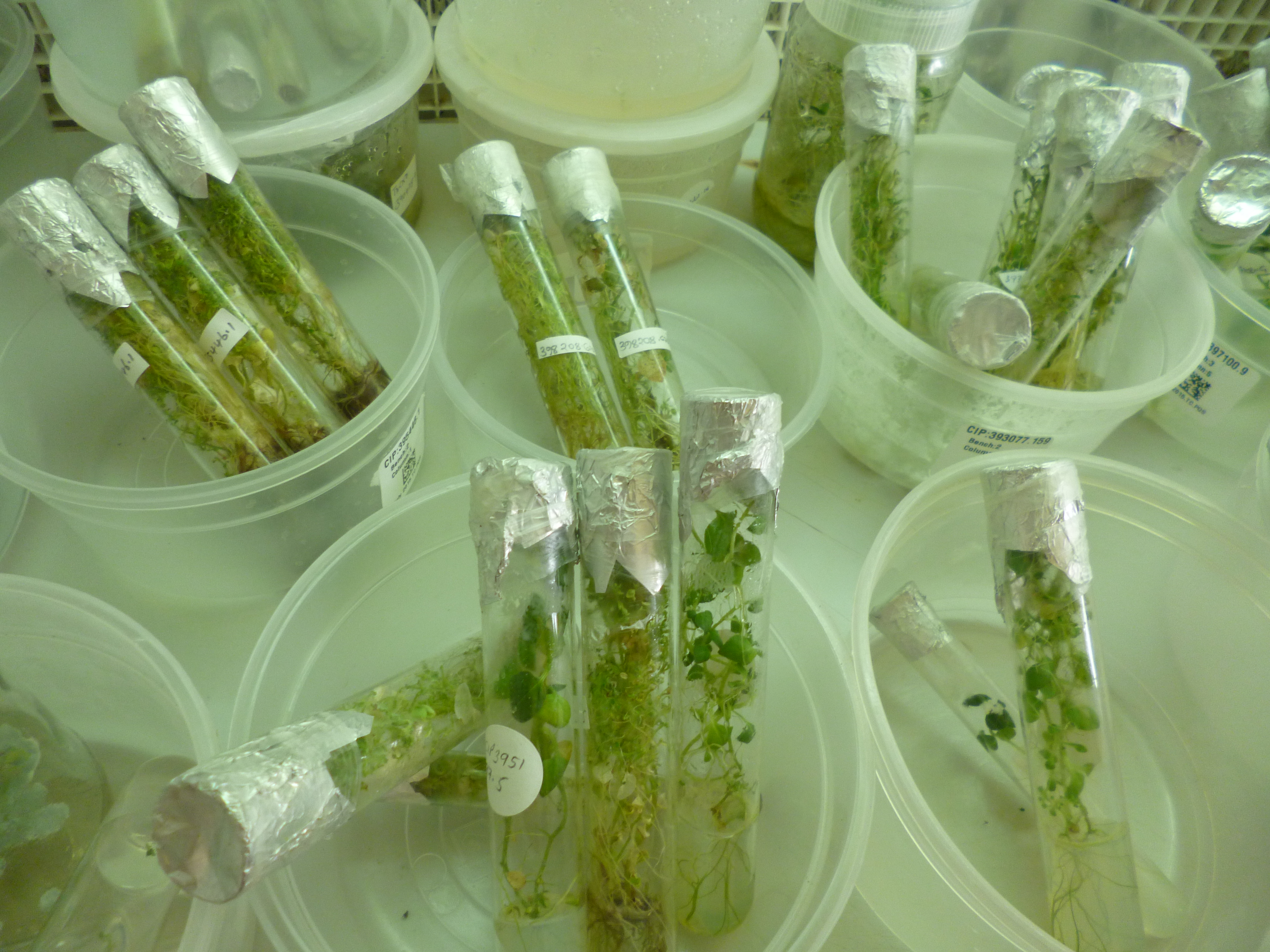By Mary Mwendwa
Good soil health, good climate and quality seeds are some of the major components that contribute to a high yield for any farmer.
However, many small scale farmers especially in the developing countries like Kenya may not be aware of quality seed standards that may help them improve on their yields. Many of them survive on subsistence farming with small pieces of land which require quality seeds that would see them have enough on their food baskets.
Dr. Esther Kimani, Acting Managing Director, KEPHIS (Kenya Plant Health Inspectorate Service ) notes with concern ; ” For a country to trade in agriculture , they need plant health systems that would help them deal with diseases and pests. One of them is the use of clean seeds which KEPHIS regulates on behalf of the government. We do provide science based regulatory services on seeds and pests. We also have inspection points at our borders to ensure we get clean seeds in the country.”

Dr Kimani is of view that many Kenyans get scared about quality seed standards .This has allowed penetration of fake seeds in the markets which has been a big challenge that KEPHIS has to deal with.
”We exist as a body of regulation, we offer certification and not many farmers make use of our services. Like now we have a big opportunity in seed production where many of the unemployed population can take advantage of and follow the procedures which will in return earn them a decent living. There is a huge market of legumes in India now, if many farmers ventured into this type of farming and get permits for export from us it would be a great boost to them.”
Dr .Kimani confirms they work closely with NEMA , KWS on inspections of invasive species and other partners like KALRO (Kenya Agriculture Livestock and Research Organization ). For one to be a registered seed merchant, they have to comply with our standards where by we issue them with documents or permits. “Certification depends of the crop type and some standards are followed on this, and inspection also depends on the case, above all a farmer just has to liaise with us to be a seed supplier or to get involved in this kind of business. We have branches all over the counties where farmers can visit and get access to information from our officers on the ground.” She advises.
However , despite the challenge of lack of knowledge on seed standards by farmers, seed variety producing institutions like KALRO have their own woes which affect the farmer too. According to Joyce Malingo, KALRO’s institute Director, Food Crops Research Institute, Kitale , KALRO’s commitment to technology development in reference to food crop varieties faces some challenges especially in the seed sector, despite being a high value seed brand producer. ”We offer licenses to crop varieties where have realized that seed companies also breed their own varieties at the same time acquiring KALRO seed licences resulting in unfair business practises














